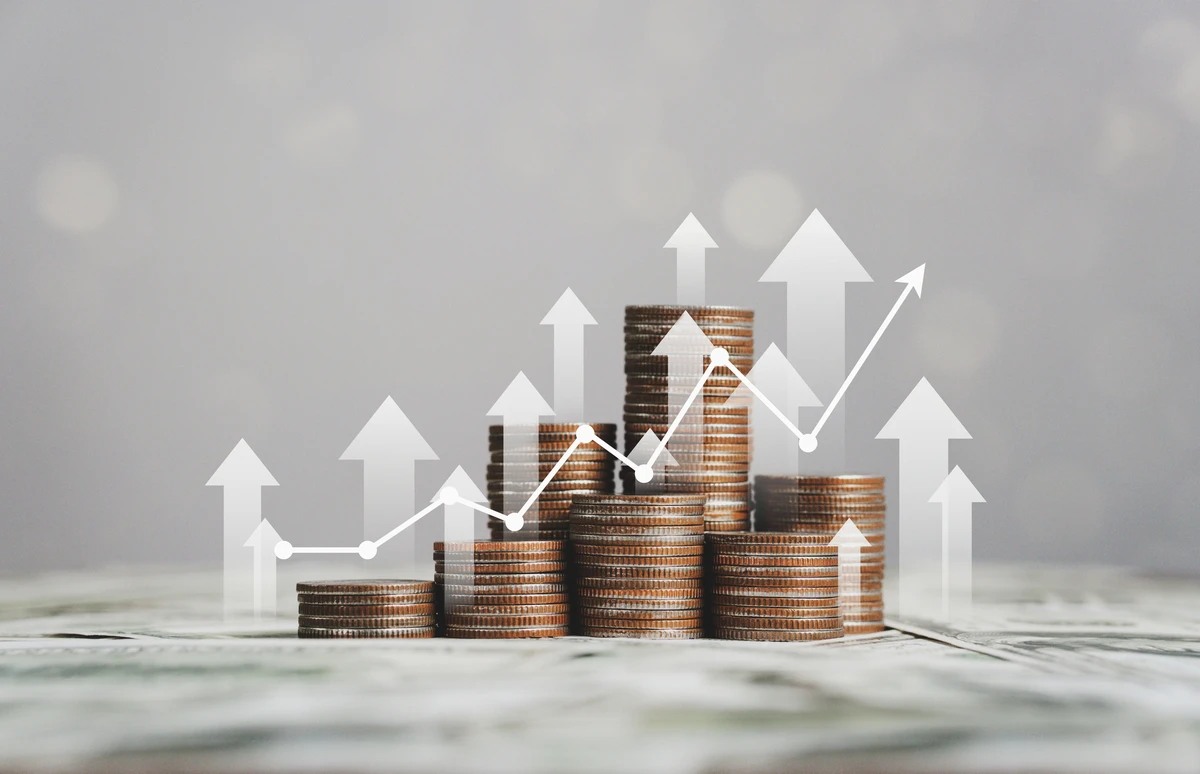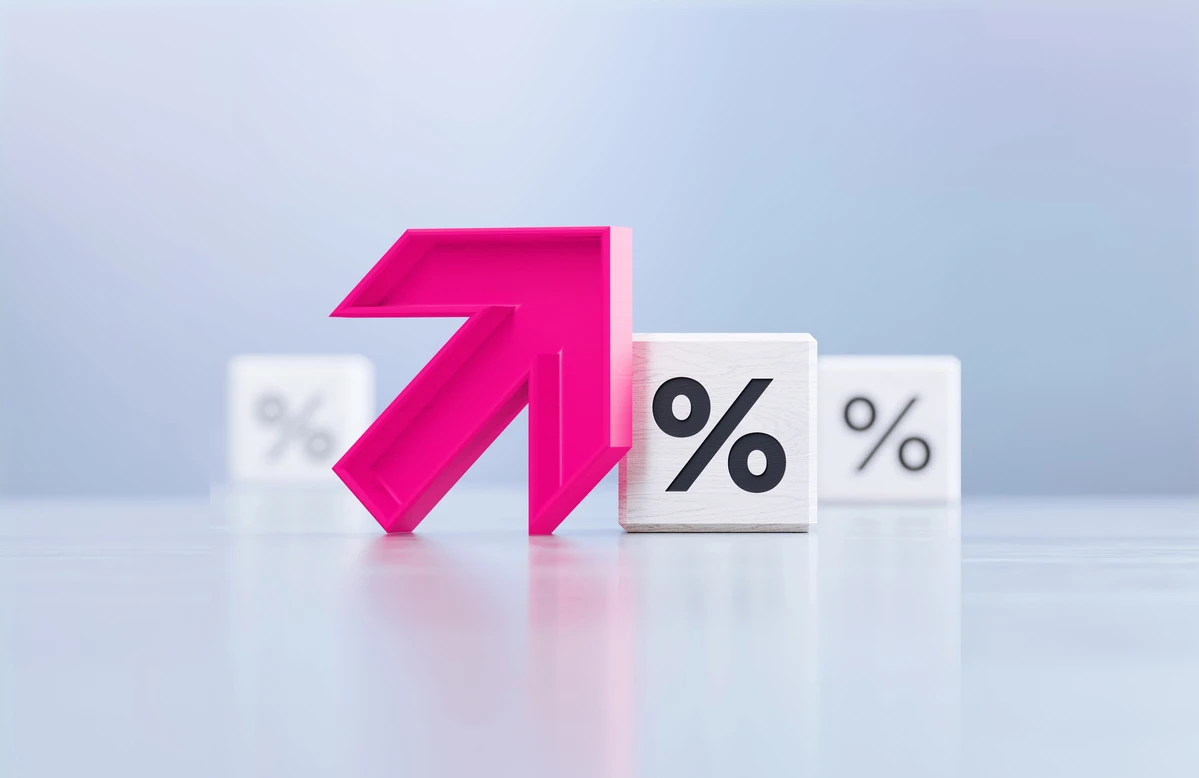Contents
Understanding the Investor’s Premium for Potential
When a company exhibits significant potential, investors are often inclined to pay a premium, accepting higher risks for a stake in its future success. In certain instances, these valuations may seem excessive, particularly given the risks involved.
Summit Therapeutics: A Case Study in High-Value Potential
One standout example in the biotech sector is Summit Therapeutics, whose market capitalization surpassed $23 billion last week, marking an incredible surge of over 1,100% this year alone. Remarkably, this growth has occurred despite the company not generating revenue in the past 12 months. This explosive valuation is tied to a single, highly promising drug within its portfolio.
Summit’s Breakthrough Drug Candidate
Summit’s drug candidate, ivonescimab, recently demonstrated impressive results against Keytruda, one of the top-performing drugs in healthcare. Keytruda, which treats various forms of cancer, brought in $25 billion in sales last year for Merck. For Summit investors, the possibility of ivonescimab achieving similar success is a game changer.
In a phase 3 clinical trial announced on September 8, ivonescimab showed greater efficacy than Keytruda in treating advanced non-small cell lung cancer, reducing the risk of death or disease progression by up to 49%. Patients receiving ivonescimab experienced a median progression-free survival of 11.14 months, compared to 5.82 months for those on Keytruda.
Evaluating the Investor Hype
The excitement surrounding these trial outcomes is understandable, as an effective cancer drug can drive substantial future revenue. Merck, with a market capitalization around $300 billion and trading at nearly five times its trailing revenue, provides a benchmark. Should ivonescimab reach $20 billion in sales, Summit’s market cap could potentially exceed $100 billion.
However, Summit presents more risks than Merck. While Merck’s portfolio includes multiple drugs and consistent profitability, Summit’s future is less certain, and investors face greater risks.
One significant consideration is that ivonescimab’s trial results were based on a Chinese population. Ideally, a more diverse participant set would be involved to ensure broader efficacy. Until this is demonstrated, questions remain about the drug’s long-term success.
Although Summit shows promise, ivonescimab is not yet approved in the U.S., and its approval is not guaranteed, despite the drug’s impressive results.
Investing in Summit Therapeutics: A Cautious Approach
Summit holds the potential for future value growth, hinging on ivonescimab’s success and the revenue it generates. While clinical results are promising, investors should be cautious in comparing it to Keytruda.
Keytruda, which recently received approval for a 40th indication, is effective against various cancers. Ivonescimab’s superiority over Keytruda for a specific cancer type does not guarantee broader success.
Given Summit’s substantial market cap, any adverse news about ivonescimab could lead to significant stock declines. While there’s potential for significant gains if ivonescimab continues to perform well in trials, the current market optimism makes it a risky buy for most investors, particularly those wary of high risk.
Opportunity for Investors: “Double Down” Alerts
The Motley Fool Stock Advisor boasts a total average return of 755%, vastly outperforming the S&P 500’s 165% since 2002*, demonstrating their expertise in identifying when to “double down.” Historically, stocks they re-recommended have delivered impressive returns.
For instance, investing $1,000 in Nvidia when they doubled down in 2009 would now be worth $299,706! Similarly, $1,000 invested in Netflix in 2004 would have grown to $381,230!, and in Apple in 2008, it would now be $41,011!*
Currently, they are issuing “Double Down” alerts for three outstanding companies, presenting a rare investment opportunity.
See the stocks ›
*Stock Advisor returns as of 09/19/2024




